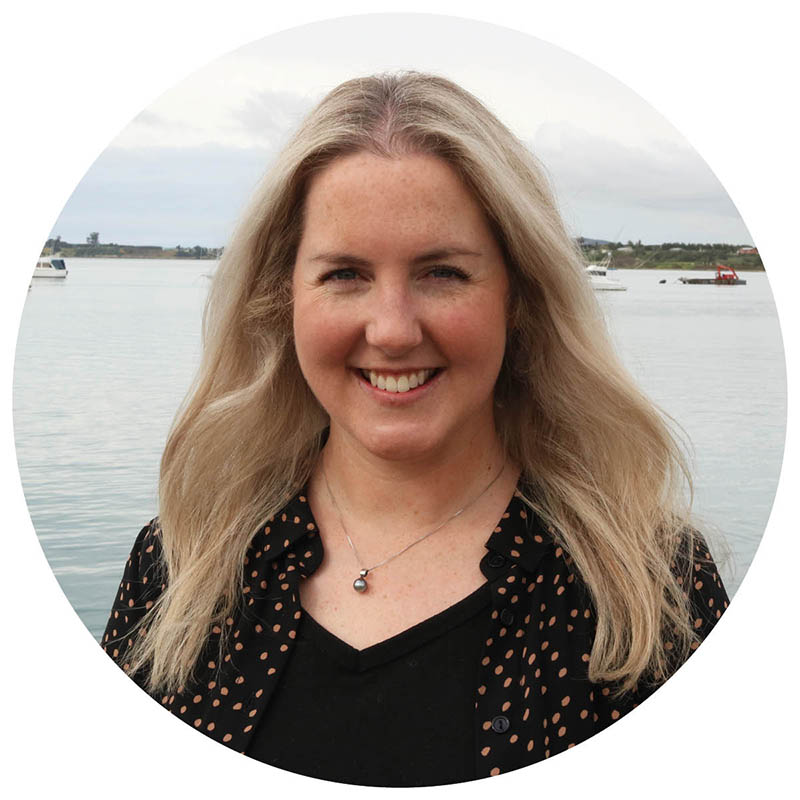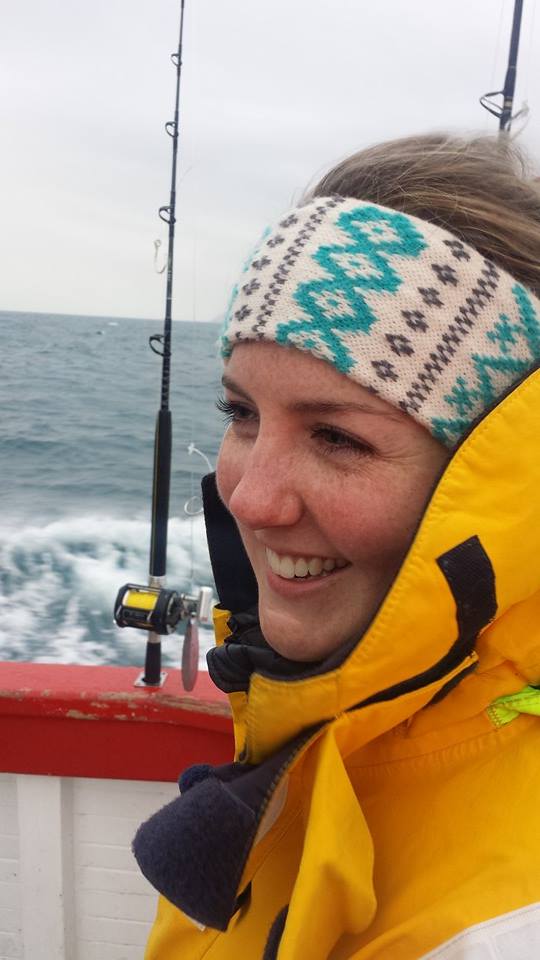
A whole new world of possibilities opened up for Laura McCartney after studying marine biology and completing her scuba diving certificate at secondary school.
“The marine sciences became something I wanted to explore further,” says Laura, a Te Herenga Waka—Victoria University of Wellington alumna.
“After chatting to careers advisers at school, I discovered many universities in Aotearoa offered marine science courses. Te Herenga Waka stood out to me as a great location to study. It has a fantastic coastal environment and a variety of courses that would allow me to deep dive into my favourite science subjects.”
Laura signed up for a Bachelor of Science, studying Marine Biology and Ecology and Biodiversity.
Field trips were a highlight of her degree, she says. “I took a tropical marine conservation paper that allowed us to spend time on Heron Island in the Great Barrier Reef. It’s still a favourite memory from my university time. Not only is field-based study a fantastic way to embed what you learn, but you also go to these amazing locations with your fellow classmates—it’s a recipe for making great friendships and long-lasting memories.”
After finishing her Bachelor’s degree, Laura landed her dream job as a marine technical adviser at the Department of Conservation (DOC). She started part-time work while studying for her Master of Marine Conservation, and moved to a full-time role the day after completing her final exams.
Her role at DOC is incredibly varied, she says. “I provide science and technical expertise on the department’s coastal and marine responsibilities across the country. This can involve anything from undertaking monitoring and research in marine reserves to providing advice and support to policymakers on marine legislation or impacts on marine ecosystems from human activities.”
“The education I received from the University is world class.”

The role also took her to Canada for the twenty-second meeting of the Convention on Biological Diversity’s Subsidiary Body on Scientific, Technical and Technological Advice.
“It was an honour to be part of the delegation and to represent the interests of Aotearoa on such an important world stage,” she says.
A possibly less appealing aspect of her job—and one Laura perhaps wishes she had realised before starting her role—is that she spends 99 percent of her time on dry land, usually in front of a computer. “The marine scientists out there will be collectively nodding their heads at that one!”
But she has no doubts about the value of what she is doing and the value of the courses she was able to take at Te Herenga Waka.
“In terms of marine sciences, Te Herenga Waka offered a broad range of courses,” she says. “This meant that I could study a huge variety of related topics and wasn’t required to specialise in any one area and produce a thesis—something I had no interest in devoting my time to! It set me up to have the required skills and broad knowledge in biology, ecology, policy, and statistics for my very varied and broad role at DOC.”
Laura is continuing her involvement with the University by giving presentations to postgraduate marine conservation students. “It’s great to be able to share my experience and talk about the opportunities I have taken along the way to be in the role I’m in today.
“The education I received from the University is world class,” she says. “I’m proud to be able to share my affiliation through my credentials and know that it is recognised as a quality institution globally. I’m proud to be a part of that wider community of alumni making a real difference in Aotearoa and the world."





